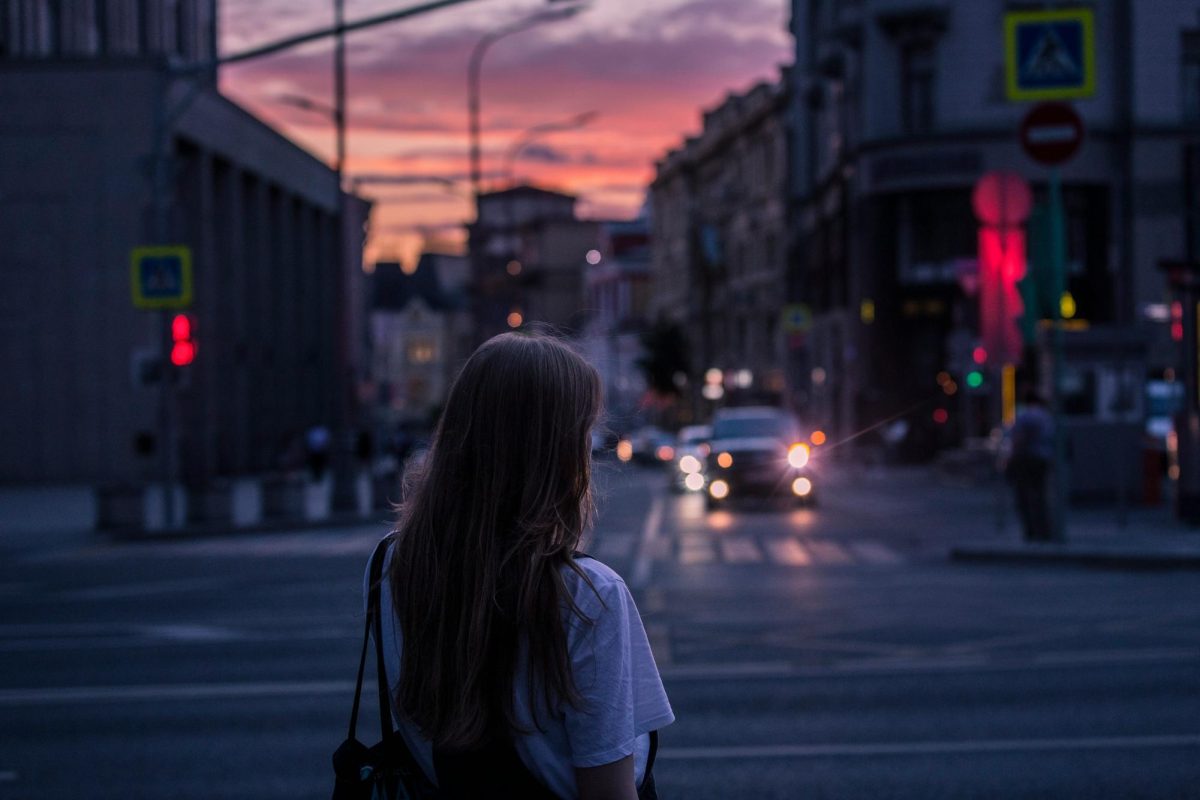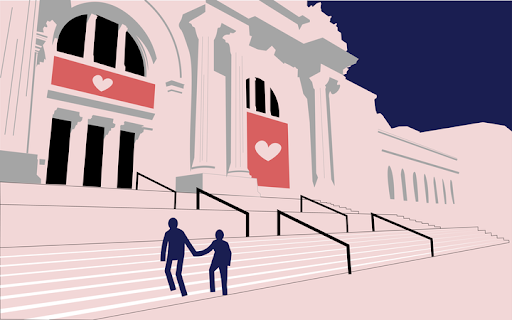Martin Dominguez-Ball is an Art professor at St. John’s University. He came to New York City in the year 1985.
“My favorite childhood memory back home would be summertime. Christmas in Uruguay is in summer,” he said.
“We would go to the beach all day and then come home. We’d have these big family dinners with my cousins from my mother’s side,” Dominguez-Ball said. “It was one of the few times we got have Coca -Cola cause it was super expensive. For me those family times were very interesting. I mean, I have many memories, but that’s one of them [that sticks out].”
Dominguez-Ball’s family decided to move from Uruguay to New York because his country was under dictatorship and his family wanted to have a better future.
“We had friends here that had come a few years prior and they made it seem like money was growing on trees,” Dominguez-Ball said.
“So, my parents got talking and decided ‘you know what? I’m going to move over there’,” he said.
When it came to adjusting, Dominguez-Ball experienced culture shock because he expected all of New York to look like New York City. But since he moved into a residential neighborhood, that was not the case. At the time, he had seen E.T so he thought that every neighborhood would look like the movies.
“[I thought] I would have my BMX bike, I would go to the store and get candy go on the yellow bus and go to school, wear my football helmet. You know, like the TV,” he said.
Dominguez-Ball came from a low-income house.
“I remember driving from the airport and telling the family that told us to come here, ‘is that where you live?’ when we were passing Ridgewood, New Jersey. They said, ‘No, no, just wait.’ ‘Is that it?’ [They said] ‘No, no,’” he said.
“I remember when I saw the apartments, I said to myself, ‘Please, don’t let this be where these people live.’ They made a left and were in those apartments and I was like, ‘Oh my god. What are we doing here?’ ” Dominguez-Ball said.
He recalled that although he didn’t have much money back in Uruguay, they lived in a house nicer than the apartments here in New York.
“The thing is, once you move, there’s no going back because you sold all your stuff,” he said.“Once you live in a country like that which has little opportunities at that time because of the dictatorship, once you lost your job, you’re not getting another one. There’s no going back. So it was weird, it was different.”
Dominguez-Ball brought up a memory he had from his early years in America. According to him, two weeks into his time in the U.S, he went to high school and lacked any proficiency in English.
“Some kid got stabbed like 16 times,” he said. “I didn’t see him but we were going to school and the firemen were there, al the blood and gloves were there.”
He compared the situation to what he had seen back in his home country, and how it was so “weird” to see the differences in reality and violence. For example, in Uruguay, the violence was coming from the military and the dictatorship. Here, it was between peers.
“I mean, we’re going back to 1985,” he said. “And, Uruguay is very different. So, for me, all of it was culture shock. I didn’t speak English or nothing, so none of it was what I expected,” he said.
When it comes to the so-called American dream, he has a very strong opinion on it.
“The American dream. The American dream is dead. It passed away a long time ago,” he said.







